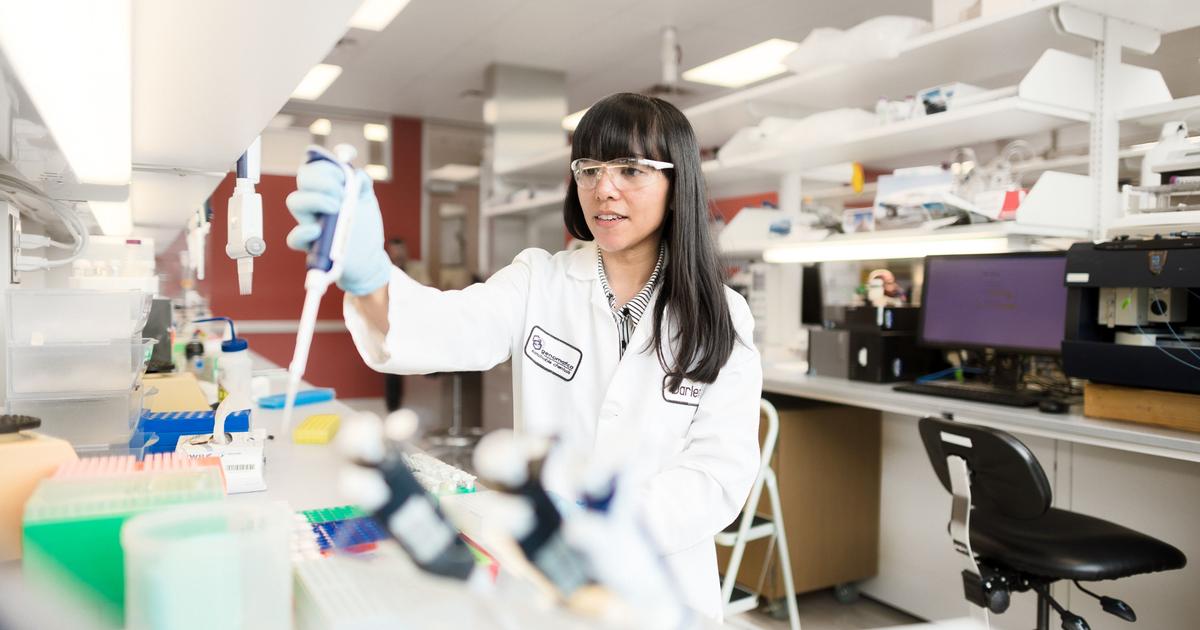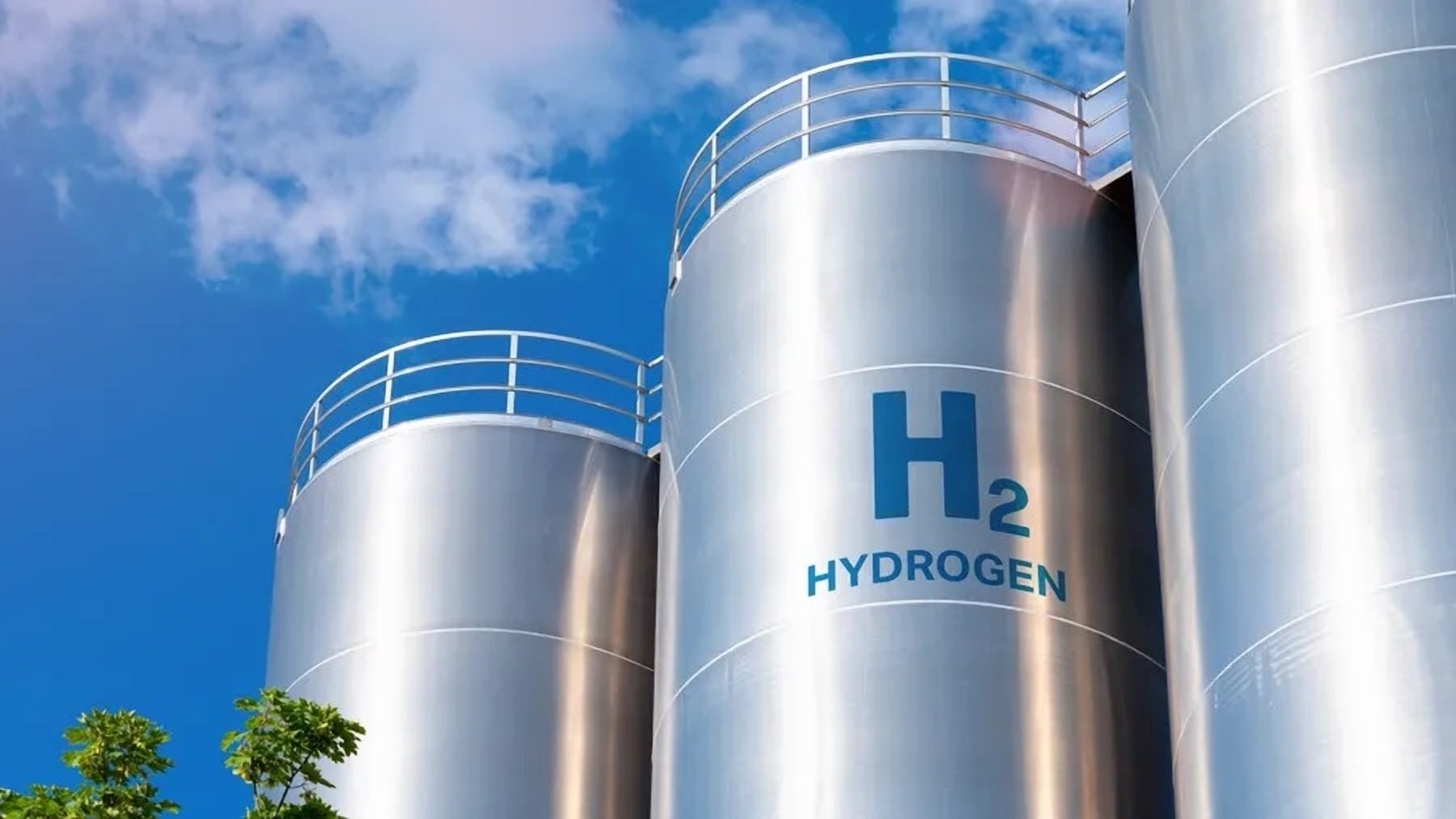Unilever and Geno have launched a $120 million venture to scale up alternative ingredients
Unilever PLC

Unilever and Genomatica are developing palm oil and fossil fuel-free cleaning ingredients. The venture will biotech a plant-based ingredient. This is Unilever's largest investment in Palm oil alternatives. This technology-driven, plant-based alternative could reduce palm-derived ingredients' carbon footprint by up to 50%.
Today Unilever and Genomatica (Geno), a leader in biotech and sustainability, have launched a venture to scale and commercialise alternatives to palm oil and fossil fuel-derived cleansing ingredients. These are integral to the formulations of thousands of everyday cleaning and personal care products. With growing demand for sustainably-sourced palm oil, this venture aims to deliver additional responsibly sourced palm oil alternatives to the market.
A woman in a white lab coat working at one of Geno’s biotech labs With $120m jointly invested in the newly-formed initiative, and with other strategic investors expected to join, the venture will develop an alternative, plant-based ingredient using biotechnology. The innovation is particularly relevant to cleaning and personal care products that require ingredients to lather and lift dirt. But at present, there are few viable alternatives to palm and fossil sources that can be produced at scale in order to make those ingredients.
As such, the venture offers the opportunity to tap into the combined $625b home and personal care markets. For Unilever, one of the world’s biggest soap and detergent manufacturers, this is the largest investment in biotechnology alternatives to palm oil to date.
Companies like Unilever, whose products are used globally by 3.4b people each day, are increasingly partnering with biotechnology innovators like Geno to explore, develop, and manufacture new versions of traditionally-sourced ingredients. While palm oil will remain an important feedstock to Unilever, these alternative ingredients can play a growing role in diversifying supply chains to drive optionality, sustainability, cost efficiencies and transparency.
Geno will deploy its proven biotechnology platform and is already starting to scale the process for its advanced technology to produce the ingredients. Initial estimates have shown that companies could reduce the carbon footprint of palm-derived ingredients by up to 50% with this technology-driven, plant-based alternative.
Unilever’s Chief R&D Officer Richard Slater, said:
“Biotechnology has the potential to revolutionise the sourcing of our cleansing ingredients and ensure Unilever is a future-fit business – for consumers, shareholders and the planet we all share. This new venture will sit at the intersection of science and sustainability, meaning we can continue to grow our business without relying only on palm oil or fossil fuel derivatives, while also making our supply chains more resilient from having access to ingredient alternatives."
“We will be marrying science and nature to make sure there is no tradeoff for our consumers between the efficacy and sustainability of their products. We are building this innovative new venture to have the scale to drive real impact and change in our industry, helping to reinvent the chemistry of home and personal care products for the 21st Century.”
Christophe Schilling, Geno CEO said:
“Geno’s collaboration with Unilever builds upon its strong track record of partnering with market leaders who are committed to accelerating the commercialisation of sustainable materials in their industries – from clothing to now cleaning ingredients. We’ve developed our technology in response to our planet’s urgent climate crisis and we’ve proven that biotechnology can replace traditional production methods to produce ingredients with bio-based sources that deliver both high-performance and sustainability, at scale."
“Our technology enables pathways for alternative sourcing of materials whose supply chains often have limited social and environmental transparency, by offering more resilient supply chains that are transparent, traceable and responsibly-sourced, as demanded by consumers. Beyond creating new transparent and responsibly sourced-supply chains and alternatively-sourced materials, our Geno technology also represents the potential to reduce greenhouse gas emissions by 100 million tons in upcoming years.”
Source: Unilever news






